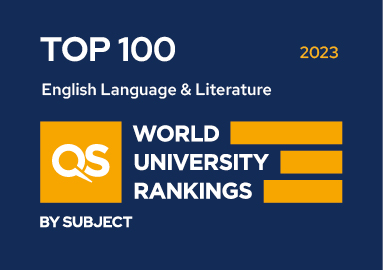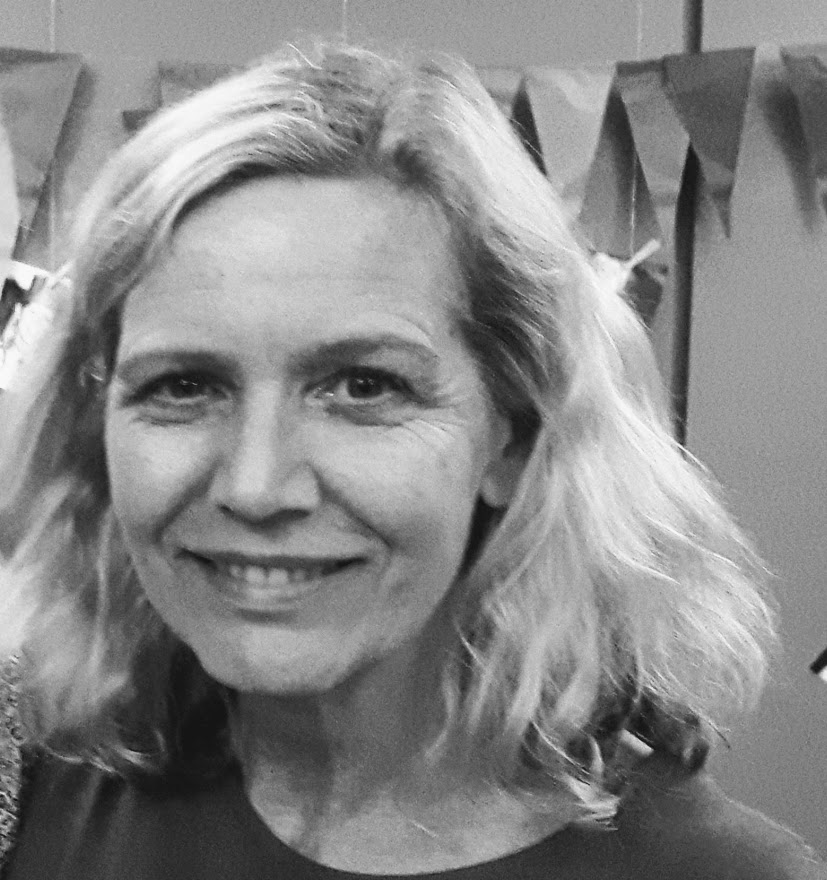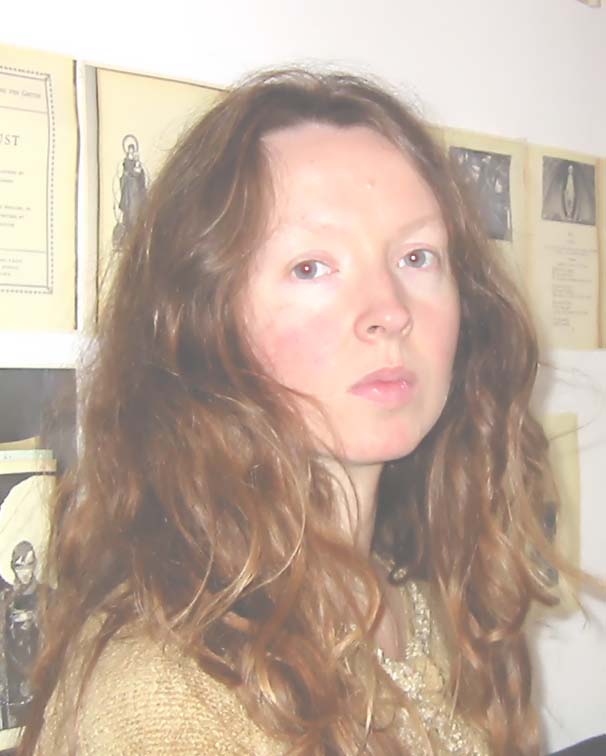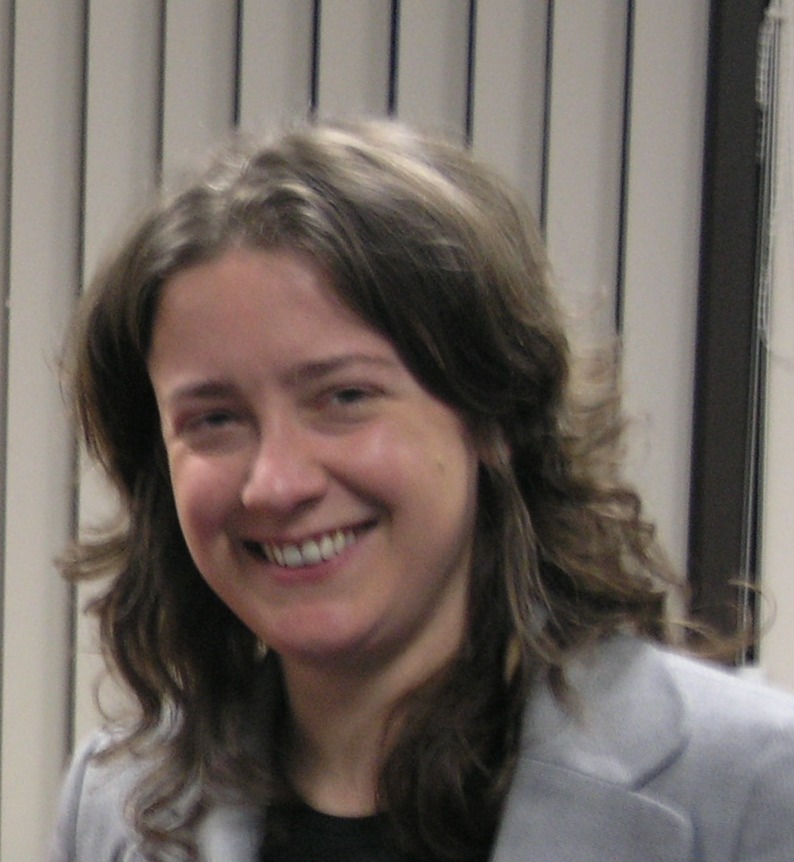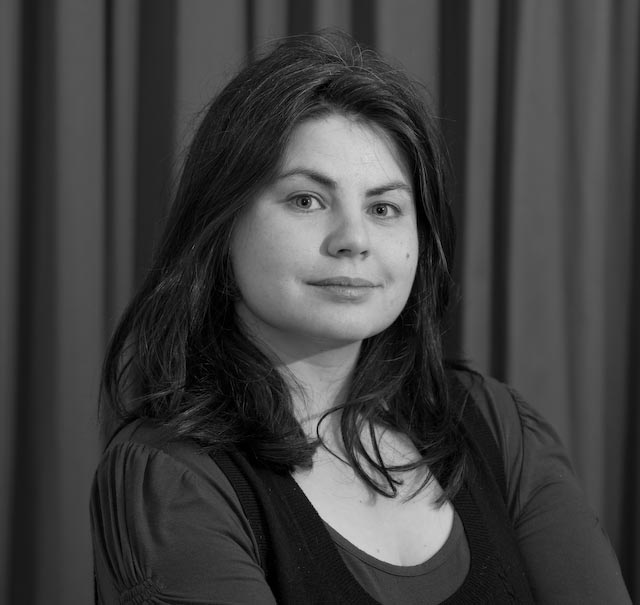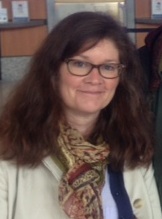-
Courses

Courses
Choosing a course is one of the most important decisions you'll ever make! View our courses and see what our students and lecturers have to say about the courses you are interested in at the links below.
-
University Life

University Life
Each year more than 4,000 choose University of Galway as their University of choice. Find out what life at University of Galway is all about here.
-
About University of Galway

About University of Galway
Since 1845, University of Galway has been sharing the highest quality teaching and research with Ireland and the world. Find out what makes our University so special – from our distinguished history to the latest news and campus developments.
-
Colleges & Schools

Colleges & Schools
University of Galway has earned international recognition as a research-led university with a commitment to top quality teaching across a range of key areas of expertise.
-
Research & Innovation

Research & Innovation
University of Galway’s vibrant research community take on some of the most pressing challenges of our times.
-
Business & Industry

Guiding Breakthrough Research at University of Galway
We explore and facilitate commercial opportunities for the research community at University of Galway, as well as facilitating industry partnership.
-
Alumni & Friends

Alumni & Friends
There are 128,000 University of Galway alumni worldwide. Stay connected to your alumni community! Join our social networks and update your details online.
-
Community Engagement

Community Engagement
At University of Galway, we believe that the best learning takes place when you apply what you learn in a real world context. That's why many of our courses include work placements or community projects.
English (MA) [full-time/part-time]
Course Overview
Watch course video presentation here.
The MA in English is ideal for students who wish to build on the foundations of their undergraduate degrees by pursuing more advanced studies in English at postgraduate level, yet who also wish to retain the intellectual breadth of addressing a variety of literature, past and present. This MA offers an intensive specialist training in the study of literary texts and theories, and students explore sources as diverse as vellum manuscripts, serialised novels, contemporary bestsellers, digital texts or films.
The MA in English has two main strands: the taught classes (from a wide selection of modules) and the independent research project (the dissertation). This two-fold dimension enables students to develop their knowledge and skill with the guidance of lecturers in the taught coursework and to develop a substantial autonomous research and writing project.
English at NUI Galway has a number of particular research strengths in areas such as Medieval and Early Modern Studies, Nineteenth-Century Literature, Book History, Theatre History, and Colonialism and Travel Writing. The MA in English allows students to take advantage of these and other areas while also pursuing their own topics of individual interest.
Applications and Selections
Applications are made online via the University of Galway Postgraduate Applications System.
IELTS score of 7.0 or equivalent at least is expected, if applicable.
Who Teaches this Course
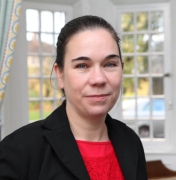
Dept. of English
Tower 1, Arts/Science Building
NUI Galway
View Profile
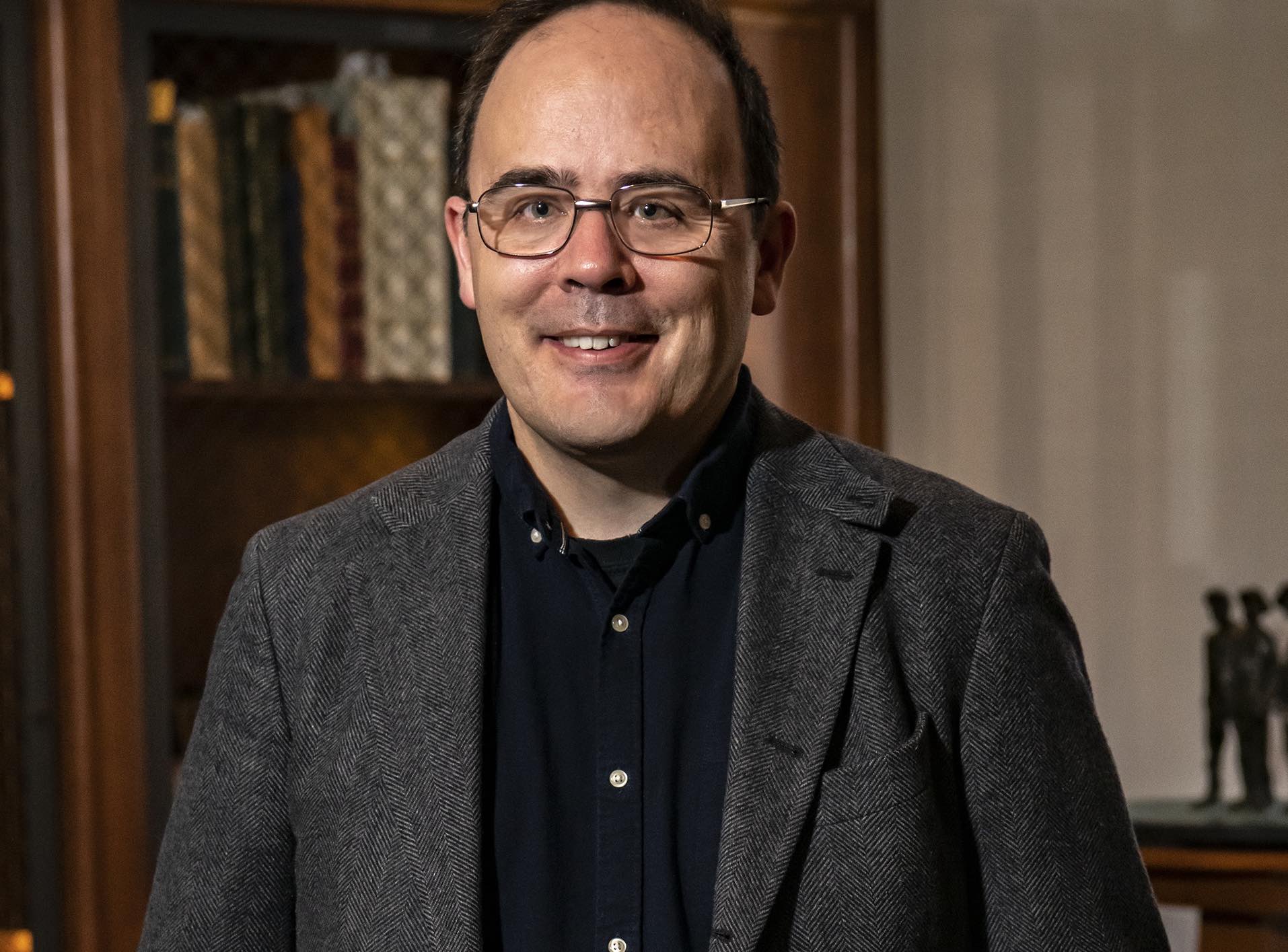
T: +353 91 49 2623
View Profile
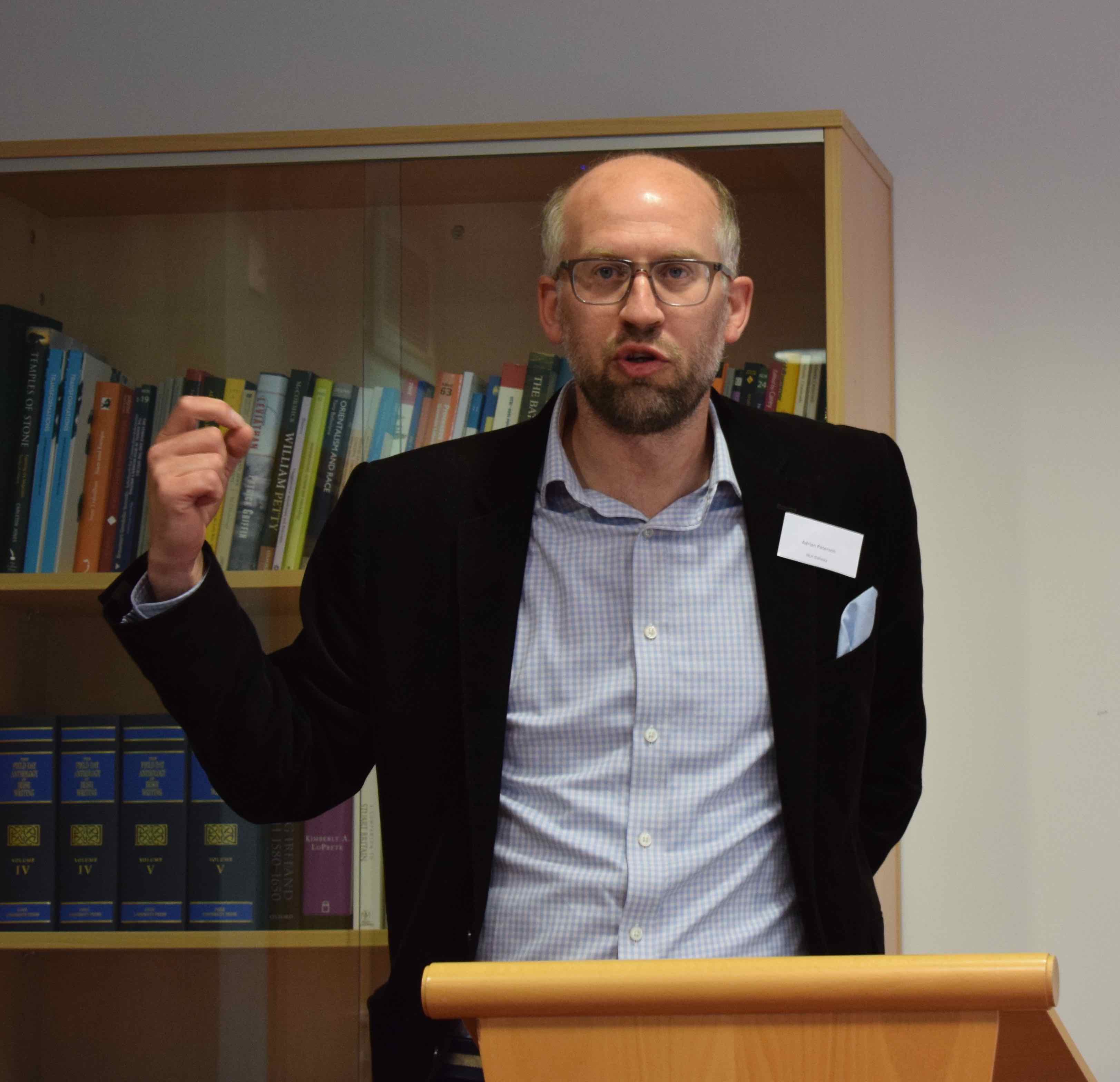
English
Room 502 Tower 1
Arts/Science Building
University of Galway
View Profile
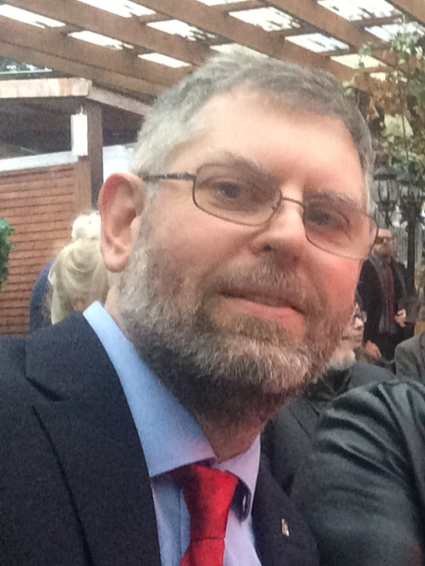
Discipline of English
School of English and Creative A
NUI Galway
View Profile
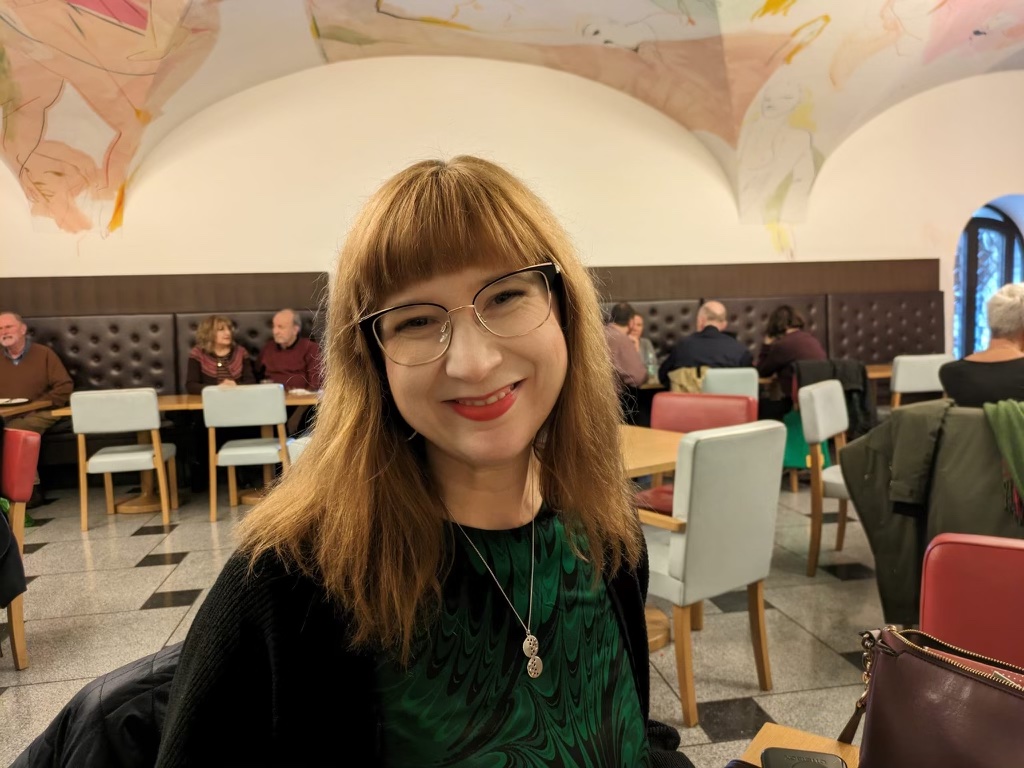
Drama & Theatre Studies
O'Donoghue Centre
Drama Theatre and Performance
University of Galway
View Profile
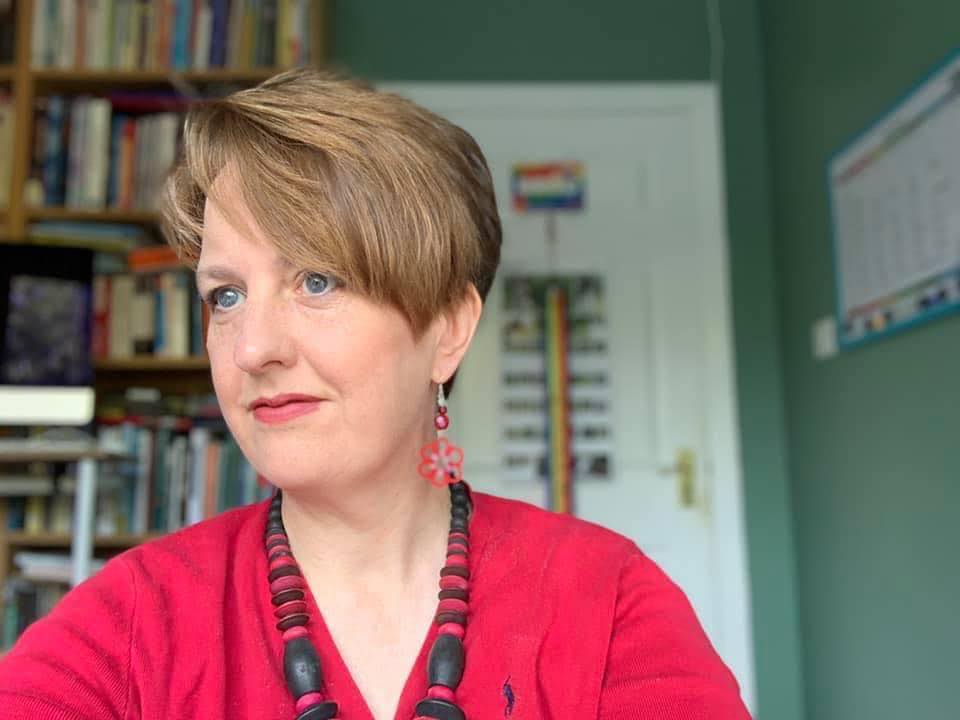
College of Arts, Social Sciences
Tower 1, Arts/Science Building
NUI Galway
View Profile

English
College of Arts Social Science
and Celtic Studies
University of Galway
View Profile
Requirements and Assessment
Key Facts
Entry Requirements
BA in an Arts, Humanities or Social Sciences discipline with a minimum result of H2.2 overall, with a H2.1 in English, or an equivalent international qualification (e.g., BA with minimum GPA of 3.0 for North American applicants). IELTS score of 7.0 or equivalent if applicable.
(Please visit this website for detail of any supporting documents that may be required when applying to this course.)
Additional Requirements
Recognition of Prior Learning (RPL)
Candidates who do not meet the minimum entry criteria are encouraged to contact the programme director to discuss eligibility under the Recognition of Prior Learning (RPL) process. Such candidates may be interviewed to ascertain their suitability for the programme.
Further information is available from the Programme Director and on the University’s Recognition of Prior Learning website.
Duration
1 year full-time | 2 years part-time
Next start date
September 2024
A Level Grades ()
Average intake
15
QQI/FET FETAC Entry Routes
Closing Date
Please view Review Dates.
NFQ level
Mode of study
ECTS weighting
90
Award
MA
CAO
Course code
MA-ENG
Course Outline
Students take one core taught module (Writing and Research). In this module students study some indispensable works of literary theory and criticism, develop their critical thinking and refine their skills in writing, research methods and the use of libraries and other scholarly resources. Students learn how to design, revise and carry out a credible dissertation plan. Students choose a further five elective taught modules from a wide range of options in the areas of literature (e.g., Shakespeare, Old and Middle English, American literature, Dickens, travel literature), literary theory (e.g., narratology) and cultural and social theory as well as in the cognate areas of film studies, drama, Irish studies, digital humanities and journalism (e.g., textual studies, book history, colonialism, film theory, Beckett, Wilde, digital film, Irish modernity). The coursework takes place during term, and work on the dissertation spans the second semester for full-time students, or fourth semester for part-time students, and the summer after coursework has been concluded. The dissertation is 15,000 words long and is submitted in early August.
Modules potentially on offer each year include ones on Book History, Literature & Colonialism, Introduction to Digital Humanities, Cinema & Politics, Textual Studies, Medieval Aesthetics and Poetic Art, Thinking About Theatre, Young Ireland to the Free State: Writing in English 1849–1922, Critical Approaches, Representations of the Book in Literature and Film, Early Modern Print and Manuscript Cultures, Approaches to Culture & Colonialism, Travel Literature, Aspects of Old and Middle English Literature, Irish Drama and Theatre, The Nineteenth-Century Century Literary Marketplace, Nineteenth Century Periodicals and Serial Fiction, and Literature of North America, among others.
Module details for full-time course
Module details for part-time course
Curriculum Information
Curriculum information relates to the current academic year (in most cases).Course and module offerings and details may be subject to change.
Glossary of Terms
- Credits
- You must earn a defined number of credits (aka ECTS) to complete each year of your course. You do this by taking all of its required modules as well as the correct number of optional modules to obtain that year's total number of credits.
- Module
- An examinable portion of a subject or course, for which you attend lectures and/or tutorials and carry out assignments. E.g. Algebra and Calculus could be modules within the subject Mathematics. Each module has a unique module code eg. MA140.
- Subject
- Some courses allow you to choose subjects, where related modules are grouped together. Subjects have their own required number of credits, so you must take all that subject's required modules and may also need to obtain the remainder of the subject's total credits by choosing from its available optional modules.
- Optional
- A module you may choose to study.
- Required
- A module that you must study if you choose this course (or subject).
- Required Core Subject
- A subject you must study because it's integral to that course.
- Semester
- Most courses have 2 semesters (aka terms) per year, so a three-year course will have six semesters in total. For clarity, this page will refer to the first semester of year 2 as 'Semester 3'.
Year 1 (90 Credits)
Optional EN601: Writing Workshop: Poetry - 10 Credits - Semester 1Optional EN529: Dissertation - 30 Credits - Semester 1
Optional IS105: Young Ireland to the Free State: Writing in English, 1849-1922 - 10 Credits - Semester 1
Optional FR6101: Language, Gender and Power - 10 Credits - Semester 1
Optional EN527: Literature Of North America - 10 Credits - Semester 1
Optional IS106: Decline & Revival: Language, Literature & Society 1800-1939 - 10 Credits - Semester 1
Optional FM6101: Ireland on Screen - 10 Credits - Semester 1
Required EN6116: Writing and Research - 10 Credits - Semester 1
Optional DT6123: Playwright's Workshop I - 10 Credits - Semester 1
Optional GR6100: Language & Intercultural Communication - 10 Credits - Semester 1
Optional EN6143: Media for Social Change - 10 Credits - Semester 2
Optional EN6139: Diversity and Activism in YA Fiction - 10 Credits - Semester 2
Optional FM6119: Film, Politics, and Colonialism - 10 Credits - Semester 2
Optional EN547: Literature And Colonialism - 10 Credits - Semester 2
Optional DT6137: Irish Theatre and Performance Histories - 10 Credits - Semester 2
Optional EN6141: SERVICE LEARNING: LITERARY STUDIES IN THE COMMUNITY - 10 Credits - Semester 2
Optional EN570: Book History - 10 Credits - Semester 2
Optional DT6135: Playwright's Workshop II: Dramaturgical Approaches to Craft - 10 Credits - Semester 2
Optional EN6113: Writing Workshop: Poetry 2 - 10 Credits - Semester 2
Optional EN573: Travel Literature - 10 Credits - Semester 2
Optional EN6138: Digital Scholarly Editing: Theory and Practice - 10 Credits - Semester 2
Optional EN6126: Interrogating Literary History - 10 Credits - Semester 2
Why Choose This Course?
Career Opportunities
The taught coursework on this programme will enable students to extend their knowledge of English beyond the boundaries of their undergraduate experience and to develop a range of important and transferable skills that will serve them well in the job market, or in further education, for example on a PhD programme. Students will learn how to achieve a regular habit of research and writing, meet deadlines, give persuasive, well-researched talks and presentations, use libraries and resources effectively, articulate ideas to others, work in a team, write well, and revise, edit and improve drafts of written work. These are valuable skills that will translate easily into a wide range of careers. Graduates of this programme are well placed to succeed in arts administration, teaching, creative writing, PR, research, broadcasting, publishing, journalism, non-fiction writing and marketing.
Who’s Suited to This Course
Learning Outcomes
Transferable Skills Employers Value
Graduates of the MA in English will be able to:
- Demonstrate a breadth of understanding of a range of approaches to the study of literary texts and other cultural artefacts
- Evaluate received knowledge and articulate their own contribution to the existing scholarship
- Select and apply a variety of critical approaches to the study of literature
- Retrieve, select, sift, and deploy a range of sources to support original arguments
- Apply enhanced critical thinking and analytical skills to their object of study
- Plan, manage, and execute a substantial independent study project
- Reflect deeply on a range of research perspectives, topics, and approaches related to the object of study
- Exhibit the ability to self-assess and self-direct
Work Placement
Study Abroad
Related Student Organisations
Course Fees
Fees: EU
Fees: Tuition
Fees: Student levy
Fees: Non EU
Student levy €140—payable by all students and is not covered by SUSI. Further detail here.
Find out More
What Our Students Say

Madeline Stephens | Student
The decision to pursue the MA in English at NUI Galway was one of the best decisions I have ever made. Not only has it allowed me to further explore my areas of interest, but it has challenged me to become a better student, scholar, and world citizen. The course has allowed me to be surrounded by other students who share a love for literature and has allowed me to explore works of great authors in new and interesting ways. From our core module to our electives, the MA in English has prepared me to continue my advancement in understanding the subject while also giving me the tools to make a real impact in my chosen field. Whether you are from Ireland or an International Student like myself, NUI Galway is a school known for its quality of education and advanced curriculum. Taking on an MA in English was something that I always dreamt of doing, and NUI Galway made that a possibility. I am so grateful for the experiences I have had, the friends and connections I have made, and the knowledge I have received. J.R.R. Tolkein wrote, "All we have to decide is what to do with the time given to us", and choosing this course is time well spent.
What Our Graduates Say

Aimee McDermott | Graduate
I thoroughly enjoyed every part of the MA in English. It's the perfect course for anyone who has a passion for literature. The variety of modules available meant that I could create a course full of content that was specific to my personal interests and encouraged me devise my own research topics throughout. It also meant that everyone had different fields of study to bring to the table in group discussions. The small classes were the perfect environment for exploring various perspectives on texts and avenues of research, which could have been daunting at an undergraduate level. The best part about this course is the freedom to curate your own academic style alongside the constant awareness of support, encouragement, and guidance from the lecturers and academic staff involved in the programme.

Clare Robinson | Graduate
I wholeheartedly recommend the Masters in English programme to prospective students. The course enabled me to refine my research skills beyond my expectations, particularly my ability to critical approach texts, write clearly and concisely, and engage in scholarship ethically. I particularly appreciated working with a group of diverse international and local students in cross-disciplinary classes. Our current course head Dr. Frances McCormack and our other instructors are genuinely kind and extremely supportive. Graduates of this programme will be prepared for whatever comes next, whether continuing your post-graduate studies or beginning a career outside academia.
2023 QS Subject Rankings: Top 100
